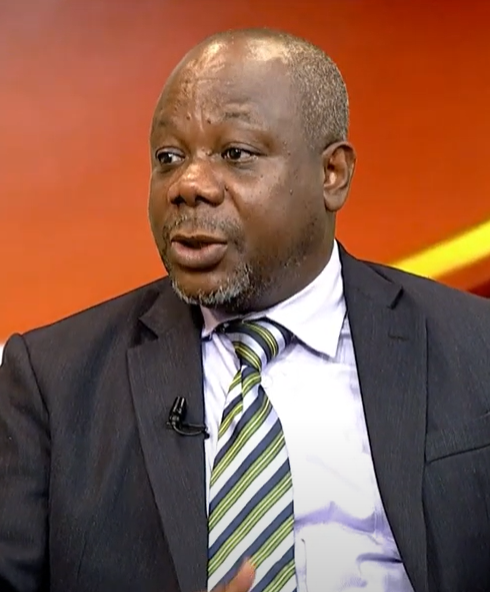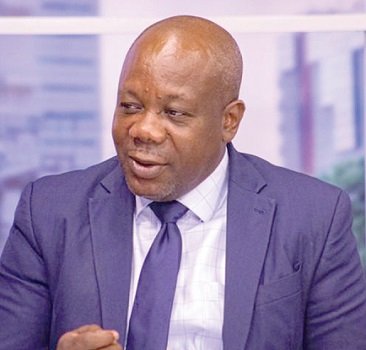Ten months into President John Dramani Mahama’s administration, members of the governing National Democratic Congress (NDC) are hailing the government’s appointees for maintaining what they describe as a remarkable record of discipline and integrity.
Communications team member of the NDC, Theophilus Dzimega Jnr., says the government’s clean record reflects strict adherence to the Code of Conduct introduced by President Mahama to guide public service ethics. According to him, these standards continue to shape the decisions and public posture of government appointees, serving as a strong moral compass in the management of state affairs.
Dzimega further pointed out that the absence of corruption scandals in nearly a year of governance is not accidental but the result of deliberate leadership and accountability structures, noting that compared to past governments, the current administration has shown consistency in upholding standards of public trust.
He called for the administration’s discipline to be acknowledged.
“Ten months into this government’s administration and no scandal. Either the NDC appointees are doing very well or they are good at covering up. And if you can cover up for ten months, then you are doing very, very well”
Theophilus Dzimega Jnr., NDC Communications Team Member

Dzimega said the government’s record, so far, stands in stark contrast to the previous NPP administration that struggled with repeated controversies early in their tenure. “Four or eight years ago, we’d have had a lot of scandals by now,” he explained, referencing past issues such as the BOST incident that became synonymous with poor oversight.
Dzimega also addressed criticisms from the opposition minority, insisting that while their concerns are legitimate within a democracy, they should not be taken as evidence of wrongdoing.
He stressed that the government is open to scrutiny and any substantiated concerns would be duly investigated, but warned against hasty conclusions on the performance of the NDC government based on unfounded claims and accusations from the NPP.
“It would be unfair to generalize the government’s commitment based on one unverified allegation,” he noted, urging patience and objectivity in public discourse regarding the opposition’s concerns about some NDC leaders involved in galamsey.
He argued that the government’s broader record of active intervention in national issues – from environmental protection to anti-galamsey operations – shows its seriousness about governance integrity.
Opposition’s Counterpoint
However, the opposition dismissed the notion of a scandal-free administration.

Dr. Ekua Amoakoh, Deputy Spokesperson for the Bawumia Campaign Team, questioned the credibility of the NDC’s record, doubling down on what she described as ongoing allegations against some high-ranking members of government.
She referenced a recent report by renowned Investigative Journalist Erastus Asare Donkor, which alleged that national security officials were directed to secure a contested mining site in the Ashanti Region by officials of the current administration.
Dr. Amoakoh argued that such incidents cast doubt on the administration’s transparency. She maintained that while the government seeks praise for integrity, public accountability requires more than internal codes – “it demands openness to external scrutiny and independent investigations.”
Despite Dr. Amoakoh’s argument, Dzimega maintained his defense of the government’s handling of illegal mining, describing the loss of eight government officials in the August 6 helicopter crash as evidence of commitment rather than negligence.
He maintained that the Mahama administration has demonstrated resolve in confronting challenges that previous governments either ignored or mismanaged and referenced government officials who have toured mining communities, engaged traditional leaders, and supported sustainable mining initiatives that align with national development goals.
“If the NPP has good advice they couldn’t implement then, they should share it – we’ll add it to our existing efforts,” he said, further urging opposition to contribute ideas to strengthen the fight rather than politicize it like they have always done.

As the Mahama administration approaches its first anniversary, the conversation around ethics, accountability, and performance is expected to intensify, shaping both public confidence and the tone of opposition oversight in the coming months.























